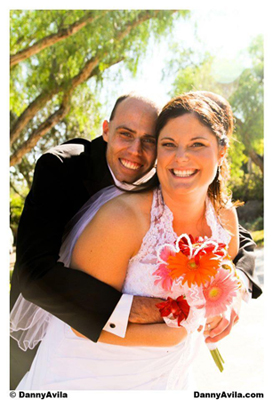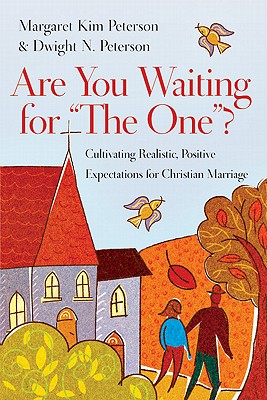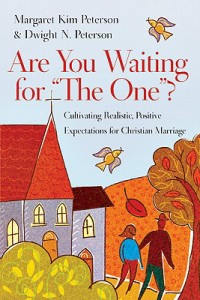The A: What James is really afraid of – or so says my hunch – is not that the feelings will fade. He’s afraid of what it means if they do. And that requires a long answer.
According to the brilliant Pope John Paul II – and as fabulously paraphrased in a book by Edward Sri – there are a couple sets of a couple kinds of love (not a typo). There’s subjective love and objective love and there’s immature love and mature love.
Subjective love is emotional (sentimentality!) and physical (sensuality!). It is the part of love widely described as warm and fuzzy. It’s based on what happens to you, both spontaneously and suddenly. And “no matter how intensely we experience these sensations, it is not necessarily love, but simply ‘a psychological situation.’ In other words, on its own, the subjective aspect of love is no more than a pleasurable experience happening inside of me.” (Men, Women, and the Mystery of Love, page 56)
Objective love is what exists between you and somebody else in reality (not as filtered by the lenses that are clouded by those sudden, spontaneous sensations). It’s a fact, not a feeling. It’s based on a virtuous friendship, the pursuit of a common good, seeking what’s best for your beloved, self-giving, commitment to and a sense of responsibility for the other person (as paraphrased from Men, Women, and the Mystery of Love, page 59).
Immature love looks inward. The immature lover is “absorbed in his own feelings. Here, the subjective aspect of love reigns supreme. He measures his love by the sensual and emotional reactions he experiences in the relationship.” –Men, Women, and the Mystery of Love, page 79
Mature love looks outward, in two ways. First, it isn’t based on feelings, but on the truth about the other person, on commitment to that person (as a result of the truth) and on selflessness. Second, the mature lover “actively seeks what is best for the beloved. The person with a mature love is not focused primarily on what feelings and desires may be stirring inside him. Rather, he is focused on his responsibility to care for his beloved’s good. He actively seeks what is good for her, not just his own pleasure, enjoyment and selfish pursuits.” And the “emotions still play an important part, but they are grounded in the truth of the other person as he or she really is (not my idealization of that person).” –Men, Women, and the Mystery of Love, pages 79-80
And as I gather (from Sri and from JP2), subjective, immature love propels a person into a relationship because of feelings, and it isn’t real love. Objective, mature love compels a person to remain in a relationship when there are feelings and when there aren’t, and it is real love.
Which brings us back to James.
He said he’s afraid his feelings will fade, and asked whether love’s stronger than that, and whether – if it’s love – it’ll grow on its own.
Which I sum up like this: If our feelings fade, is it (objective, mature) love?
You’ll know the answer if and when they do.
– – – –
Q&A is an occasional feature. If you have a Q, I can come up with an A (and if I don’t have an A, I’ll find somebody who does). To submit a question, email me at arleenwrites@gmail.com or leave it in the comments. No topic is taboo (although I can’t promise I will answer every question).
Click here to read more about Men, Women, and the Mystery of Love by Edward Sri.
*Real person, fake name.




